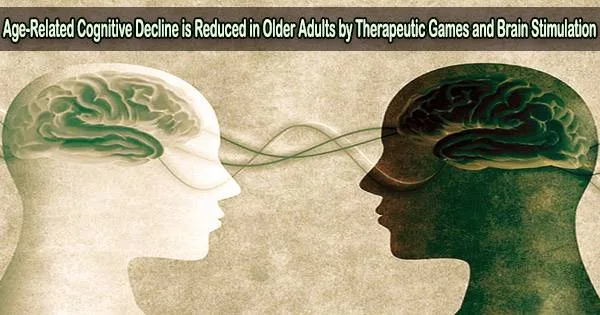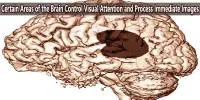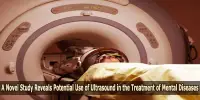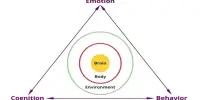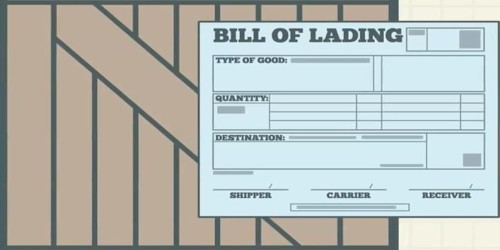A novel method that combines online therapy games with a non-invasive brain stimulation technology may help older adults improve their working memory.
Working memory is critical for people to function well in everyday life. This volatile form of memory enables people to interact with their surroundings effectively and efficiently by storing and manipulating a limited amount of information during a brief period of time. Working memory normally gets worse as we age, and conditions like Parkinson’s, dementia, and stroke make it more difficult for people to go about their regular lives.
Scientists and clinicians from the University of Birmingham, UK, Dalhousie University in Nova Scotia, Canada, and the University of Trento, Italy have devised a new technology to mitigate this decline.
The investigators refer to the technology as cognitive needs and skills training, or COGNISANT, and research published in Frontiers in Ageing Neuroscience shows it can provide particular benefit for older people who have low working memory capacity (WMC).
The online therapy activities, designed to enhance working memory, attention, and vigilance, are presented in an entertaining interface that online game or App users are likely to be accustomed to. Brain stimulation was administered via a mobile wireless device that delivers a small (2milliAmpère) transcranial direct current stimulation (tDCS) during training.
The study involved healthy people aged 55 to 76 years old, who were split into two groups. Both groups did the online games for 20 minutes day, over a five-day period. While one group also received tDCS, the other group wore the tDCS device, which resembles a swimming cap, but did not receive tDCS.
Intensive exercises at just the right difficulty are important for increasing brain capacity or efficiency. And the game-like aspects increase motivation and make it easier to stick with the challenging sessions.
Professor Gail Eskes
Prior to the study and two days after it was over, the researchers took baseline working memory capacity (WMC) measurements. They found that WMC improved significantly in all participants, regardless of age or whether they received tDCS.
Notably, older individuals with inferior beginning working memory showed substantial benefit from the combination of training games and tDCS. This subset consisted of individuals between the ages of 69.5 and 76. The advantage was noticeable on the first day of training and reached statistical significance by the end of the course.
The paper was senior authored by biomedical engineer Dr. Sara Assecondi, formerly at Birmingham but now at Trento’s Centre for Mind/Brain Sciences (CIMeC), who worked on developing the technology with cognitive neuroscientist Professor Kim Shapiro from Birmingham’s School of Psychology and Centre for Human Brain Health, using online therapeutic games developed by neuropsychologist Professor Gail Eskes from Dalhousie’s departments of Psychology & Neuroscience, and Psychiatry, whose clinical practice focusses on training to improve and repair cognitive function.
The researchers are now working with technology transfer offices from the University of Birmingham and Dalhousie University, who are seeking commercial partners who wish to collaborate in developing technology using this approach and taking it to market.
Dr. Sara Assecondi said: “Approaches used for hospital rehabilitation are difficult to translate to the home setting, but our approach uses online tools, and delivers brain stimulation via a device that can be used anywhere, with the dose determined remotely by the physician.”
Professor Eskes’ clinical research, which focusses on training to improve and repair cognitive functions, designed the brain exercises. She said: “Intensive exercises at just the right difficulty are important for increasing brain capacity or efficiency. And the game-like aspects increase motivation and make it easier to stick with the challenging sessions.”
Professor Shapiro, whose research focusses on attention and memory, said: “Although cognitive decline in the elderly is an inevitability, approaches such as COGNISANT, in combination with regular physical exercise, can stem this decline and provide individuals with a higher quality of life.”
In a prior study, the researchers established that using tDCS in conjunction with a working memory task-specific approach can assist young individuals with low WMC perform better by enabling them to implement methods that they would not otherwise be able to.
Dr. Assecondi added: “The effects seen in both studies were strong, with the first study indicating that the combination of stimulation and strategy instruction can improve WM performance in younger adults, and the second study showing that strategy use may be facilitated by stimulation in older participants.”
The conclusion of a study analyzing the advantages of COGNISANT in post-stroke patients is nearing, and publication of the results is anticipated soon. The researchers are already planning other studies to test alternative forms of brain stimulation that may be even more helpful.
